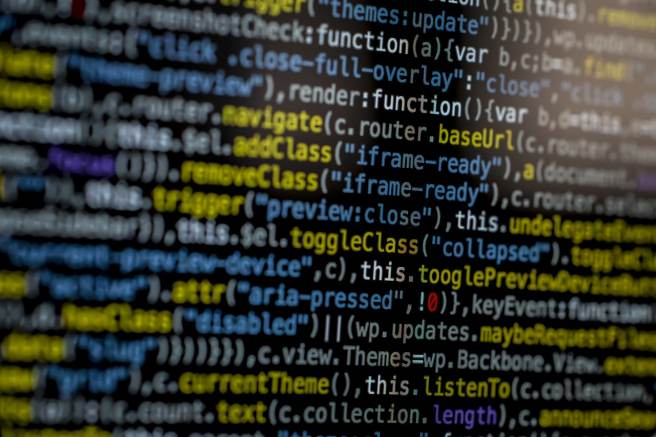Can economic research effectively influence policy?

Economists rarely agree with each other and sometimes contradict themselves. Understandably frustrated by the lack of conviction afflicting his economic advisers, President Truman famously asked for a one-handed economist who wouldn’t be able to use the profession’s much-favored caveat – ‘On the other hand’.
Those of us campaigning for the use of empirical research to drive public policy design and implementation would be well served to be reminded of the difficulties inherent in the task. A case in point would be to consider two recent papers that are well thought out, are based on plausible theory, and have sound research design but reach the exact opposite conclusions.
A forthcoming publication in the American Economic Journal: Economic Policy by Ater, Givati, and Rigbi concludes that assuring criminals of a constitutional right to legal counsel results in a higher crime rate. The well-intentioned legal presumption of innocence discourages police from making arrests that they may not be able to defend in court, which seems to lower the cost of crime for criminals.
However, Heaton, Mayson, and Stevenson of the University of Pennsylvania Law School find negative long-term spillover effects of pretrial detention. Detainees are more likely to be sentenced to jail, receive twice the average length of jail time, and commit crimes in the future.
The former study recommends a course of stricter detention; conversely, the latter recommends a better pretrial release policy. Unfortunately, such situations allow policymakers and lobbyists to cherry-pick research that confirms their pre-existing biases.


